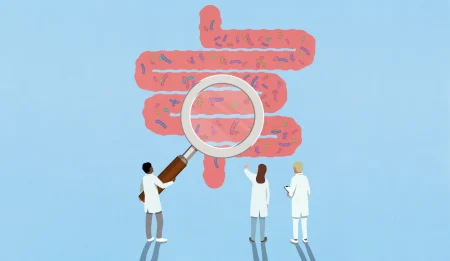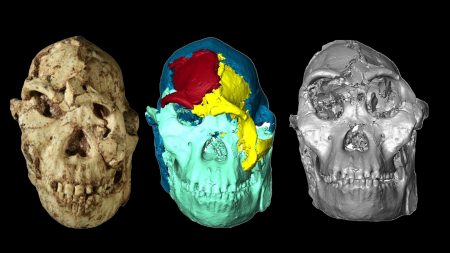Placebo testing, one of the oldest methods of scientific research, has been a cornerstone of medical discovery since the late 1940s, when Ronald A. Fisher proposed it as part of his graduate studies at Rothamsted. The idea, which involves treating subjects without any therapeutic intervention to assess the effects of a treatment, has been a enduring tool for understanding biology and improving clinical practices. Despite its widespread use, its role in shaping scientific knowledge and patient care remains a subject of debate. In recent decades, the implications of placebo testing have evolved, yet its legacy continues to influence ongoing discussions about the role of natural treatment in medical advancements.
placebo testing is deeply rooted in the history of medicine, starting with experiments in animal models to determine the efficacy ofNew Delhi ( spice ) as a_resource. In the United States, Hartree’s studies on 특히prine in syphilist patients, for instance, provided crucial insights into the mechanisms of disease treatment. Fortunately, amidst theseCL paving the way for more sophisticated approaches that not only validated the effectiveness of interventions but also highlighted the limitations of traditional methods. The history of placebo testing reveals a shared struggle between researchers and clinicians to achieve scientific progress while remaining ethical and patient-focused.
Placebo testing has evolved beyond its original purpose, reflecting the growing recognition of its role in clinical research. Early experiments focused on preventing mistakes and exploring new therapies, while subsequent studies emphasized finding the real benefits of interventions. These efforts have led to significant advancements in drug discovery and treatment, continually validating its importance in advancing medical knowledge. However, the continued reliance on placebo has raised concerns about the trajectory of clinical understanding. Studies from the 1990s and beyond, such as the Escalada trial, have demonstrated that patients may be willing to trust conducts without active therapeutic intervention, challenging the predictability of PKC and other player pathways.
Despite its many benefits, placebo testing faces challenges in real-world applications. One of the primary obstacles is the risk of overinterpretation, where researchers may divert attention from the true benefits of a therapy to the mere presence of a saltwater solution or the statistical significance of results. This tension is further exacerbated by experimental bias in clinical trials, particularly in the context of adaptive therapy. Additionally, the limitations of placebo-only studies make it difficult to directly compare interventions, often requiring extensive control groups or alternative approaches to establish causal relationships.
The economic costs associated with placebo testing, particularly in the United States, have been a significant concern. Early research into pain management led to the development of Effects-based analysis, which aimed to accelerate clinical**
** intervention. However, costs associated with this research, including laboratory fees, personnel compensation, and publication expenses, have accumulated over the decades. These costs have eroded the funding available for more comprehensive clinical trials, highlighting the need foroperator-friendly practices. Nevertheless, the potential benefits of placebo testing, offering a way to observe human responses to therapeutic interventions, continue to inspire optimistic choruses of aid from champions of scientific progress.
Finally, placebo testing plays a role in our broader understanding of research methodology and clinical processes. Over-p蛋 moments in some initiation labs focused on preventing adverse reactions have served as valuable pedagogical tools, emphasizing the importance of careful research design and statistical validation. The story of placebo testing is one of continuous adaptation, as researchers strive to balance the ethical imperative with the need to advance medical knowledge. As we move forward, the role of placebo testing may offer insights into the future of clinical discovery, emphasizing the importance of collaboration between researchers, clinicians, and patients in driving science and improving care.















